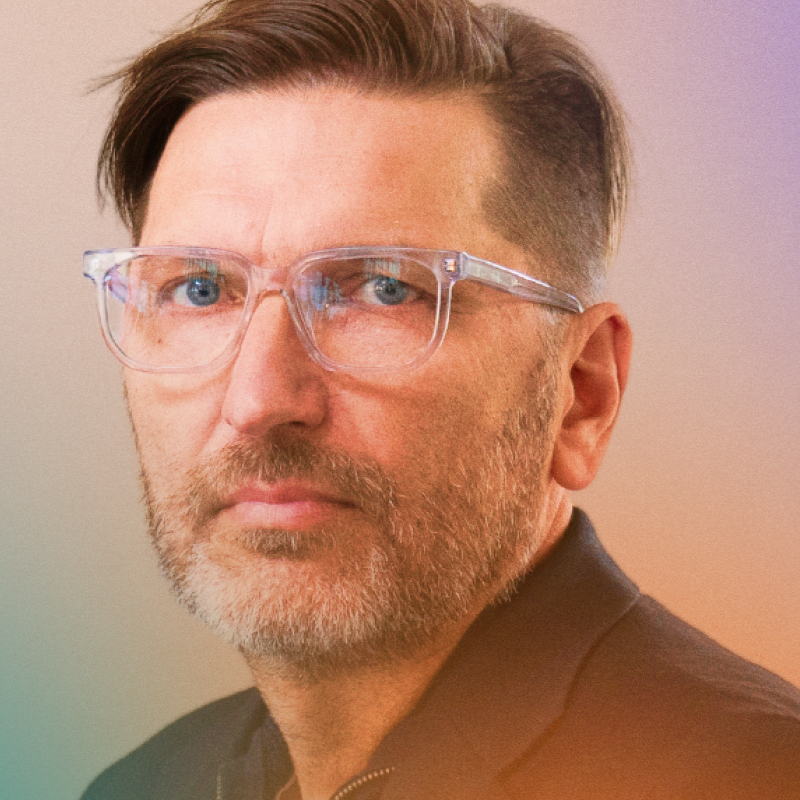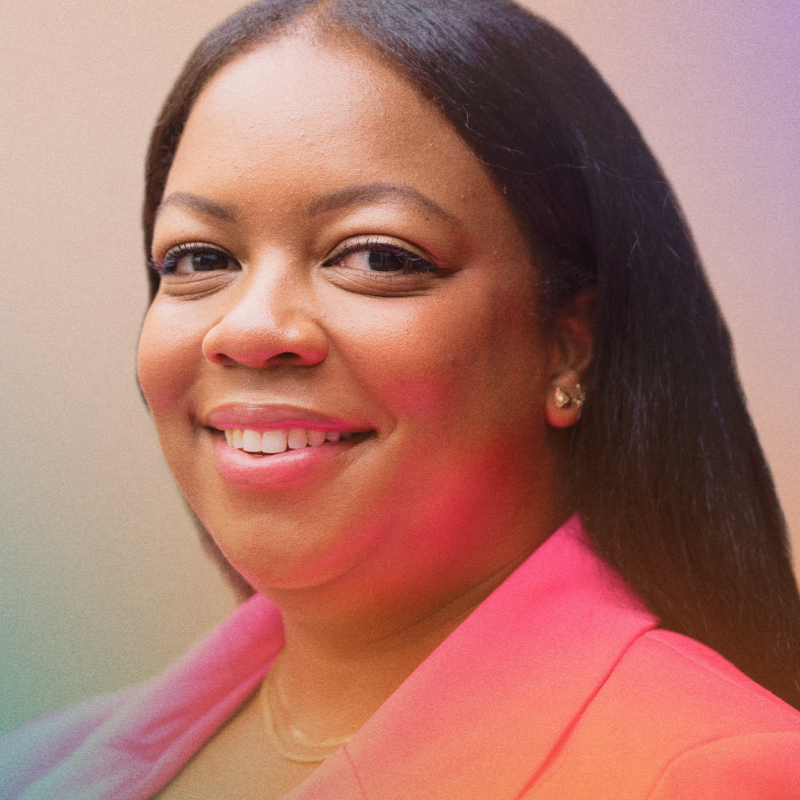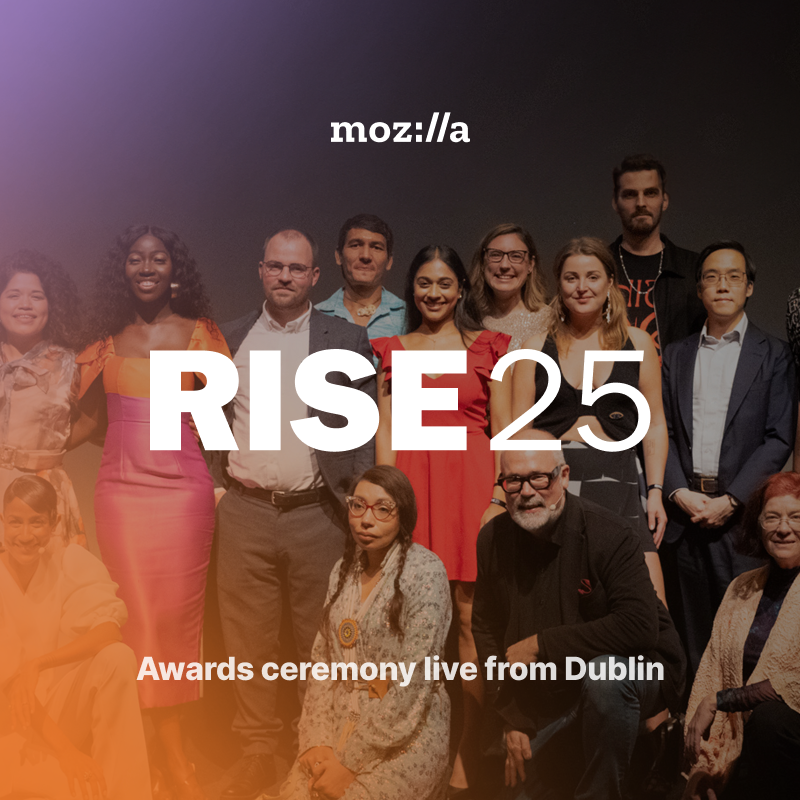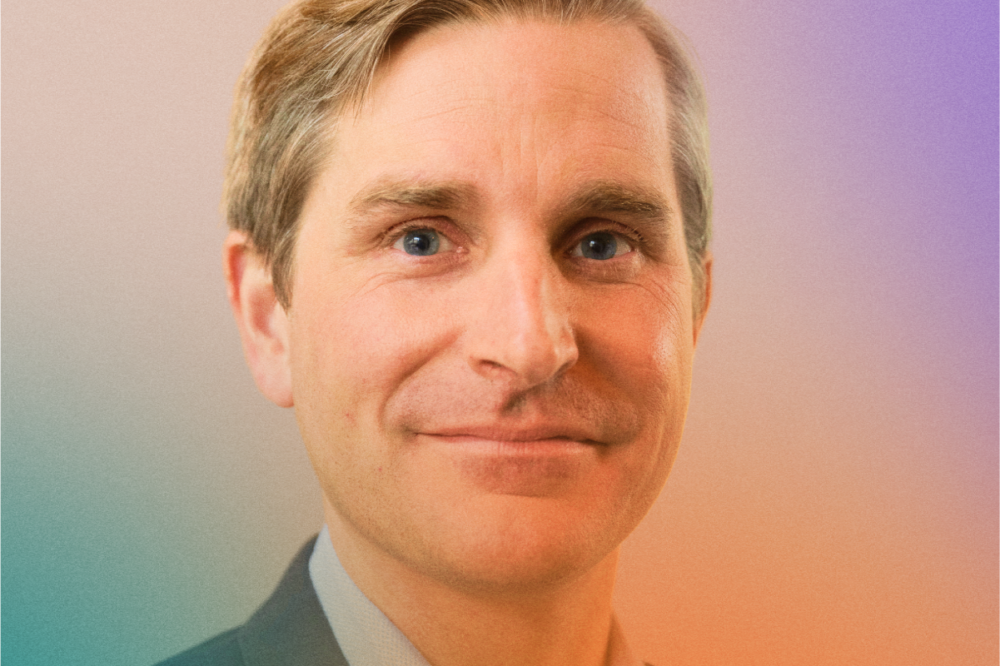
Finn Myrstad reflects on holding tech companies accountable and ensuring that human rights are respected
At Mozilla, we know we can’t create a better future alone, that is why each year we will be highlighting the work of 25 digital leaders using technology to amplify voices, effect change, and build new technologies globally through our Rise 25 Awards. These storytellers, innovators, activists, advocates, builders and artists are helping make the internet more diverse, ethical, responsible and inclusive.
This week, we chatted with Finn Lützow-Holm Myrstad, a true leader of development of better and more ethical digital policies and standards for the Norwegian Consumer Council. We talked with Finn about his work focusing on tech policy, the biggest concerns in 2024 and ways people can take action against those in power.
You started your journey to the work you do now when you were a little kid going to camps. What did that experience teach you that you appreciate now as an adult?
Since CISV International gathered children from around the world and emphasized team building and friendship, it gave me a more global perspective and made me realize how we need to work together to solve problems that concern us all. Now that the internet is spreading to all corners of the world and occupying a larger part of our lives, we also need to work together to solve the challenges this creates.
There’s a magnitude of subjects of concern in the tech policy space, especially considering how rapid tech is evolving in our world. Which area has you most concerned?
Our freedom to think and act freely is under pressure as increased power and information asymmetries put people at an unprecedented disadvantage, which is reinforced by deceptive design, addictive design and artificial intelligence. This makes all of us vulnerable in certain contexts. Vulnerabilities can be identified and reinforced by increased data collection, in combination with harmful design and surveillance-based advertising. Harm will probably be reinforced against groups who are already vulnerable.
What do you think are easy ways people can speak up and hold companies, politicians, etc. accountable that they might not even be thinking about?
This is not easy for the reason outlined above. Having said that, we all need to speak up. Talk to your local politicians and media about your concerns, and try to use alternative tech services when possible (for example: for messaging, browsing and web searches.) However, it is important to stress that many of the challenges need to be dealt with at the political and regulatory level.
What do you think is the biggest challenge we face in the world this year on and offline? How do we combat it?
I see the biggest challenges as interlocked with each other. For example, this year in 2024, at least 49 percent of people in the world are meant to hold national elections. The decrease in trust in democracy and public institutions is a threat to freedom and to solving existential problems such as the climate emergency. Technology can be a part of solving these problems. However, that lack of transparency and accountability, in combination with power concentrated in a few tech companies, algorithms that favor enraging content, and a large climate and resource footprint, are currently part of the problem and not the solution.
We need to hold companies to account and ensure that fundamental human rights are respected.
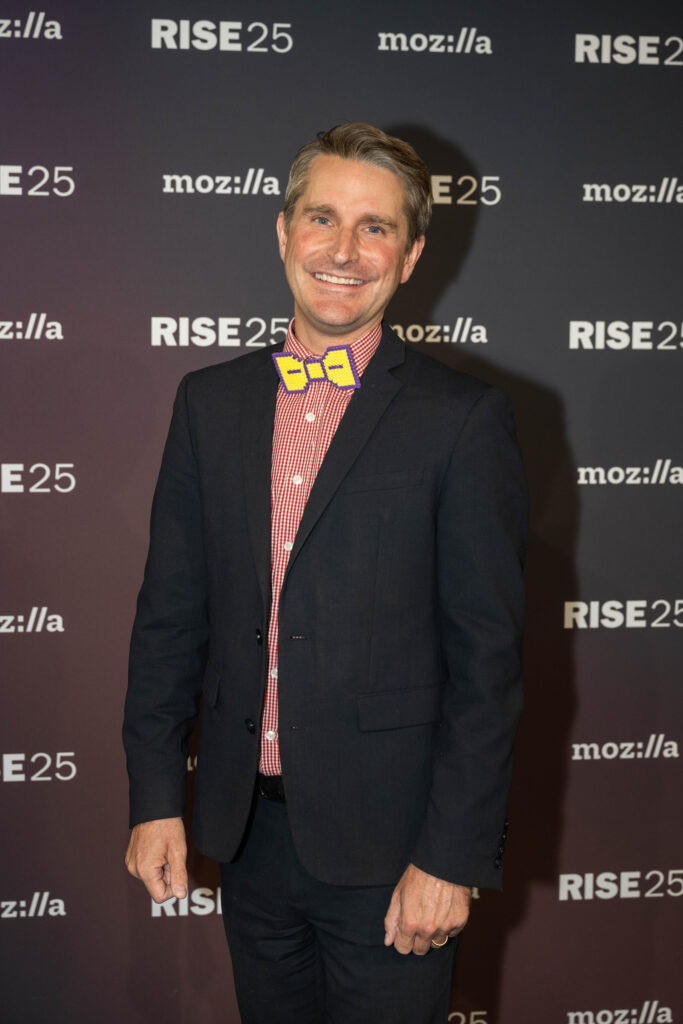
What is one action that you think everyone should take to make the world and our lives online a little better?
Pause to think before you post is generally a good rule. If we all took a bit more care when posting and resharing content online, we could probably contribute to a less polarized discussion and maybe also get less addicted to our phones.
We started Rise25 to celebrate Mozilla’s 25th anniversary, what do you hope people are celebrating in the next 25 years?
That we managed to use the internet for positive change in the world, and that open internet is still alive.
What gives you hope about the future of our world?
That there is increased focus from all generations on the need for collective action. Together, I hope we can solve big challenges like the climate crisis and securing a free and open internet.
